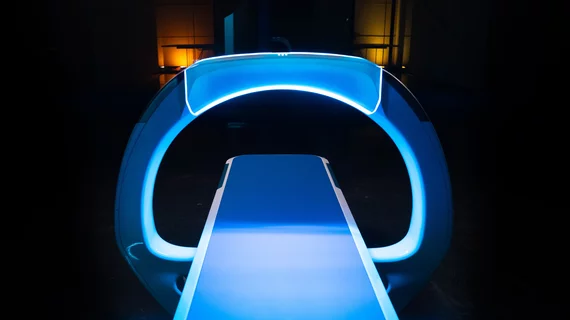Imaging disrupter Nanox nabs $59M in new funding ahead of possible public offering
An Israeli startup hoping to upend imaging with a new low-cost scanner has boosted its fundraising total to more than $100 million.
This latest round of funding comes by way of fellow Israel-based firm A-Labs Advisory and Finance Ltd and totals $59 million, Nanox announced on Tuesday. Officials said they plan to use funds primarily to support the rollout of their imaging system, the Nanox.ARC. The firm is reportedly also considering going public and last month was valued at $600 million.
“We have a bold vision to increase early detection of medical conditions that are discoverable by x-ray. We are actively working to deploy a global medical imaging service infrastructure that may turn this dream into reality,” Founder and CEO Ran Poliakine said in a statement. “We cannot do it without partners and investors who share our vision and support our plan.”
Other high-profile Nanox investors include Fujifilm and Foxconn. The firm has developed a new digital x-ray device that carries a footprint and price tag much smaller than traditional systems. It has inked several recent deals to distribute the systems in Taiwan, Singapore, Russia, Belarus, Australia, South Korea and elsewhere. Poliakine told reporters this week that they’ve booked presales representing more than $300 million in fees over the next three years.
Nanox is offering the machines through a pay-per-scan model and claims they can detect early cancers in the same fashion as CT, mammography, fluoroscopy or other modalities.

